Featured Content
What is a Template in Power BI? Settling the debate.
Understand what each Power BI “Template” type does, when to use it, and how it shapes the user experience.
A Power BI Template can mean very different things depending on who you ask. Are we talking about a .PBIT shell, a JSON theme, a turnkey Template App, or merely a thin report wired to a central model?
In this post, we cut through the ambiguity and lay each option side-by-side. You’ll learn what’s inside every “template” type and the trade-offs that matter in real-world projects—so the next time someone says “just use a template” you’ll know exactly which one fits the bill.
1. Report Template (.PBIT)
 Export options.
Export options.
What it is. A .PBIT is essentially a .PBIX (Power BI Desktop) file without any data. It retains:
- report pages, visuals, and layout
- the entire data model (tables, relationships, measures)
- Power Query logic, including any defined parameters
How it works. Save a report via File → Export → Power BI template. When the template is opened, Power BI prompts you for parameter values, which can:
- point to user-specific data sources (e.g., folder path, database server)
- pre-filter the data that is loaded (e.g., date range, geography)
Why use it.
- Reuse a proven report structure across multiple datasets or customers
- Ensure each user connects only to their own data
- Improve performance by filtering before the data load
- Keep file size minimal (no data stored), aiding governance
Learn more: https://learn.microsoft.com/en-us/power-bi/create-reports/desktop-templates
2. Report Themes (.JSON)
 Report themes.
Report themes.
What it is. A JSON-based template that defines:
- color palette, fonts, backgrounds
- formatting styles for visuals
How to apply. Import via View → Themes → Browse in Power BI Desktop.
Why use it.
- Enforce branding and design consistency
- Enhance accessibility and readability across reports
Learn more: https://learn.microsoft.com/en-us/power-bi/create-reports/desktop-report-themes
Try the BIBB Theme Generator: https://powerbithemegenerator.bibb.pro/
3. Template App
 Template App.
Template App.
What it is. A pre-packaged solution (PBIX + dashboards + dataset) published to AppSource or an internal Marketplace.
How it works.
- Built by partners (often using parameters)
- Installed in Power BI Service (a workspace is created)
Why use it.
- Deliver turnkey analytics for common SaaS tools (Salesforce, etc.)
- Governed deployment at scale
Learn more: https://learn.microsoft.com/en-us/power-bi/connect-data/service-template-apps-overview
4. Power Query Templates (Fabric only)
 Power Query Templates.
Power Query Templates.
What it is. A single file that contains both the Power Query script and its associated metadata for a specific data transformation project.
Why use it.
- Standardize ETL steps across reports/workflows
How it works.
- Create: Author Power Query queries
- Export: Save the queries as a template file
- Import: Use “Import from a Power Query template”
Learn more: https://learn.microsoft.com/en-us/power-query/power-query-template
5. Commercial Marketplace Template (Paid .PBIX / .PBIT)
 Commercial Marketplace Template.
Commercial Marketplace Template.
What it is. Off-the-shelf Power BI report or dashboard files—typically .PBIX or .PBIT—designed and sold by independent creators or consultancies through their own websites or marketplaces.
How it works.
- Purchase the template online (one-off license or subscription)
- Download the .PBIX/.PBIT file and open it in Power BI Desktop
- Optionally enter parameters or swap the data source connection
- Publish to the Power BI Service once tailored to your data
Why use it.
- Jump-start a project with polished visuals and UX
- Benefit from design expertise without hiring a specialist
- Fixed, predictable cost versus custom development
Learn more / example: https://store.bibb.pro/l/power-bi-ui-template-bibb
Which Power BI Template to Use When
| Template type | Use when you need to… | What you actually ship | Complexity (build & maintain) | Caveats / gotchas |
|---|---|---|---|---|
| Report Template (.PBIT) | Re-deploy the same report structure on top of different data sources or filtered slices (per customer, region, date range) | Parameterised PBIX sans data (model + visuals) | Medium – requires parameter design and a user refresh workflow | Users must refresh after opening; parameters only affect the Power Query step |
| Theme Template (.JSON) | Roll out consistent branding, color palettes, fonts and default visual formatting across many reports | A JSON theme file imported into Desktop or applied in the Service | Low–High – themes can be simple or very detailed | Styling only—doesn’t help with layout or model reuse |
| Template App | Deliver a turn-key analytics solution (dataset + report + dashboards) that can be installed via AppSource or internally | A managed app workspace that copies artefacts and optionally connects to user data | High – versioning, certification, multi-tenant design | Governance overhead; updates require versioning & certification |
| Power Query Template | Standardize a complex ETL routine across multiple solutions | .PQT file containing M code and metadata | Low – author once, reuse often | Fabric-only; limited to the Power Query layer |
| Commercial Marketplace Template | Start fast with a professionally designed report without building from scratch | A paid .PBIX/.PBIT file the buyer customizes | Low for consumers / High for sellers | Quality varies; may need customization; licensing limits |
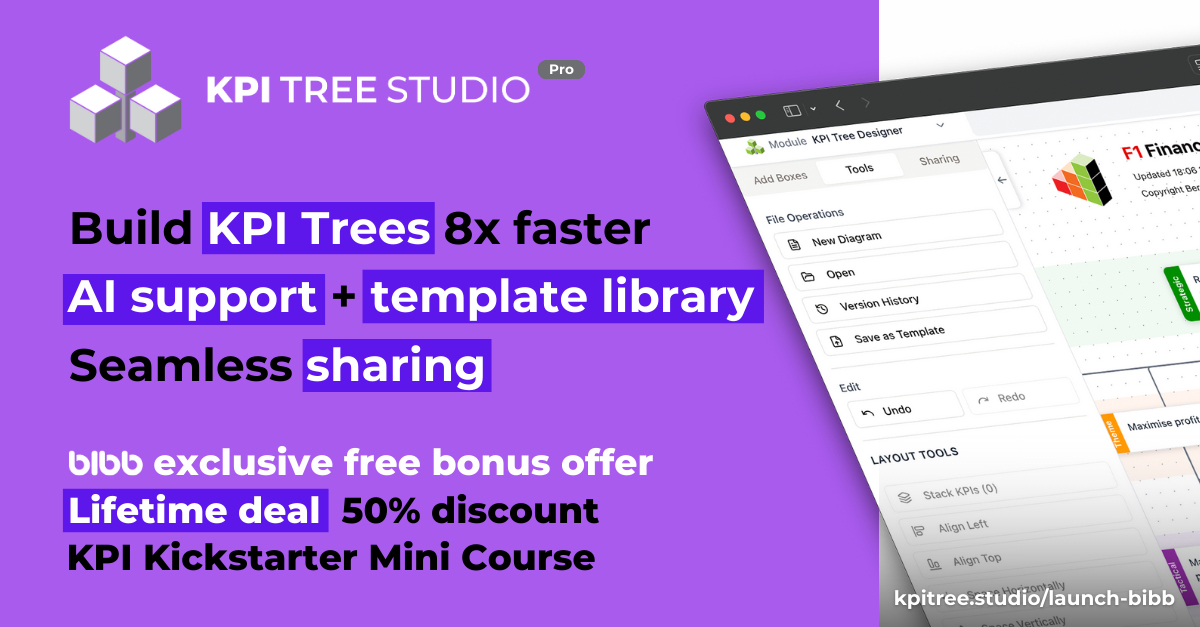
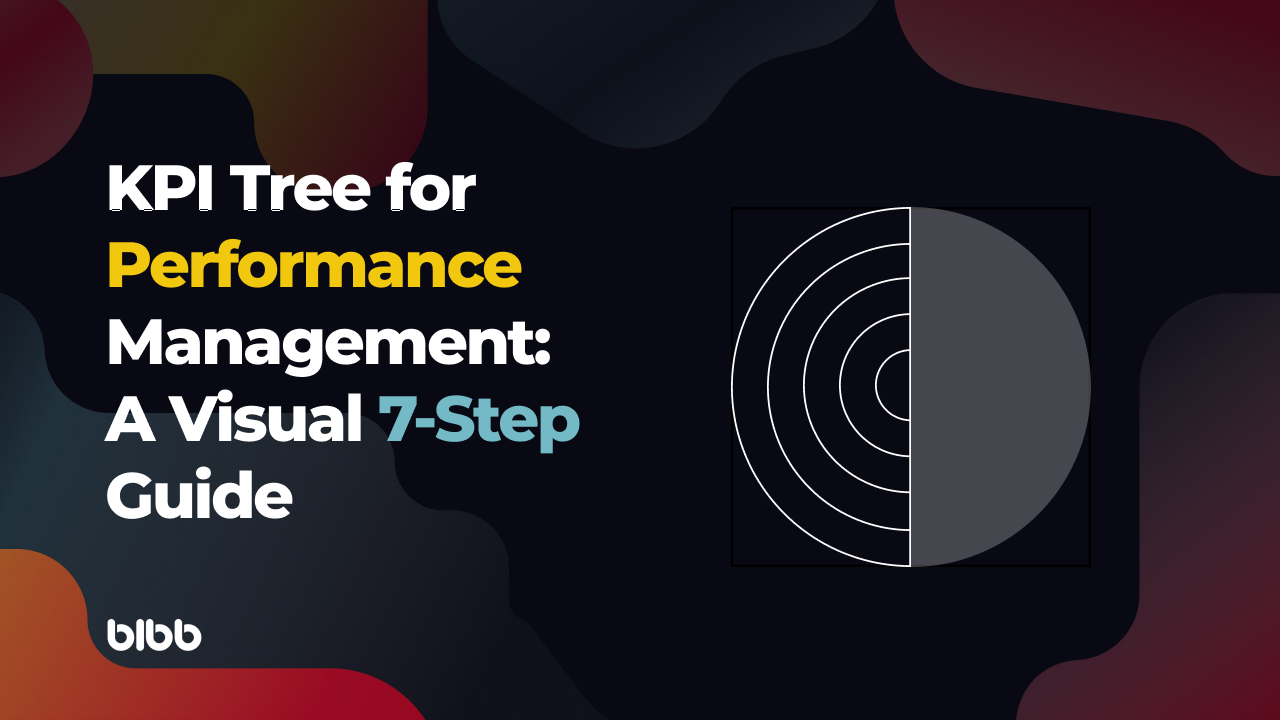
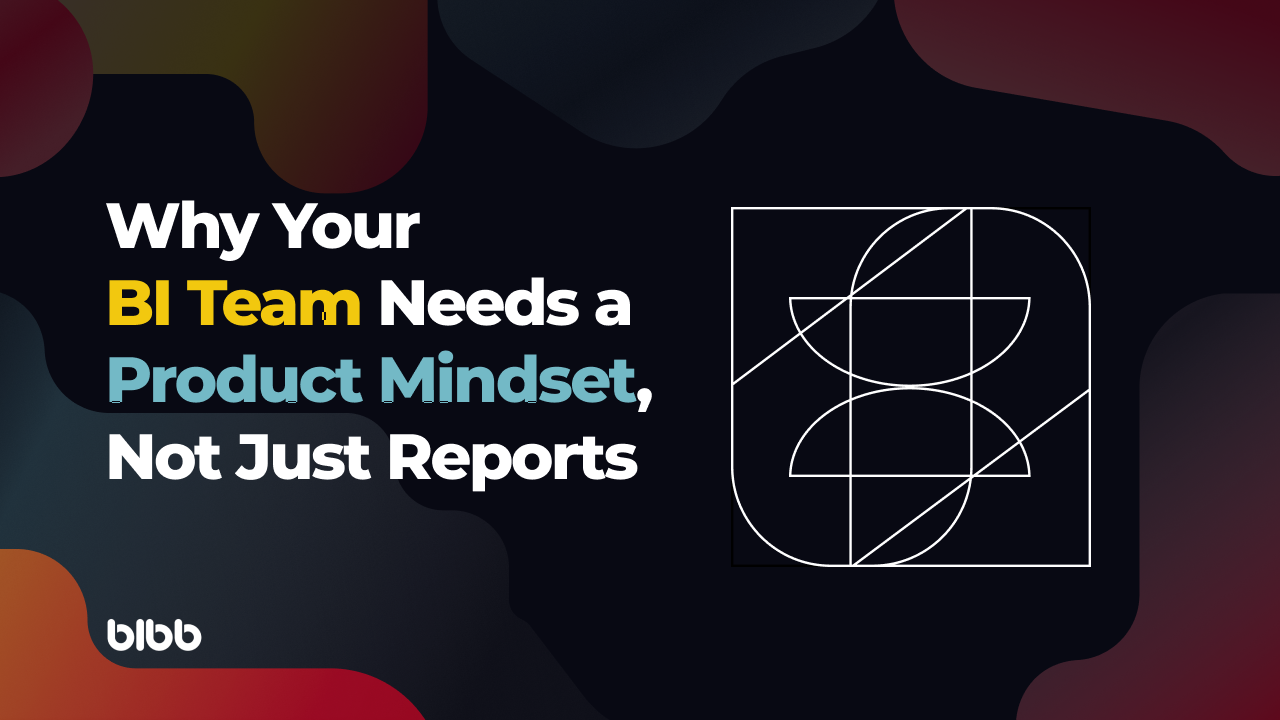
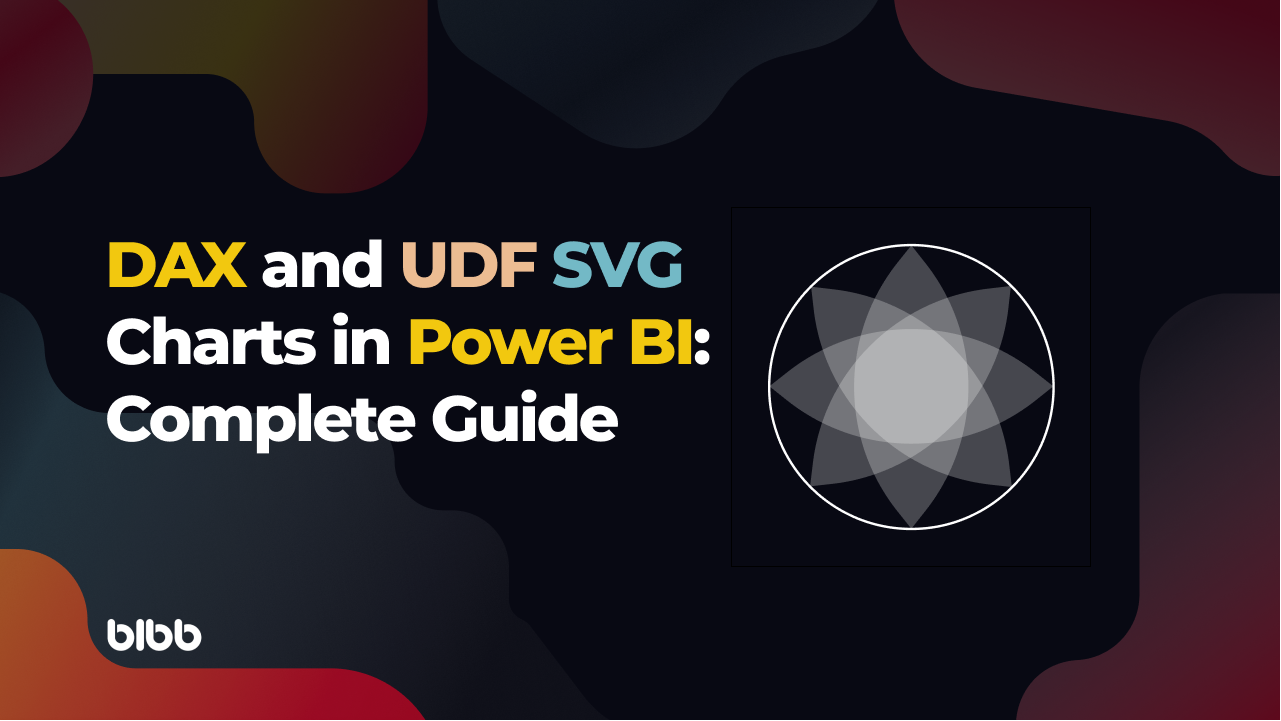
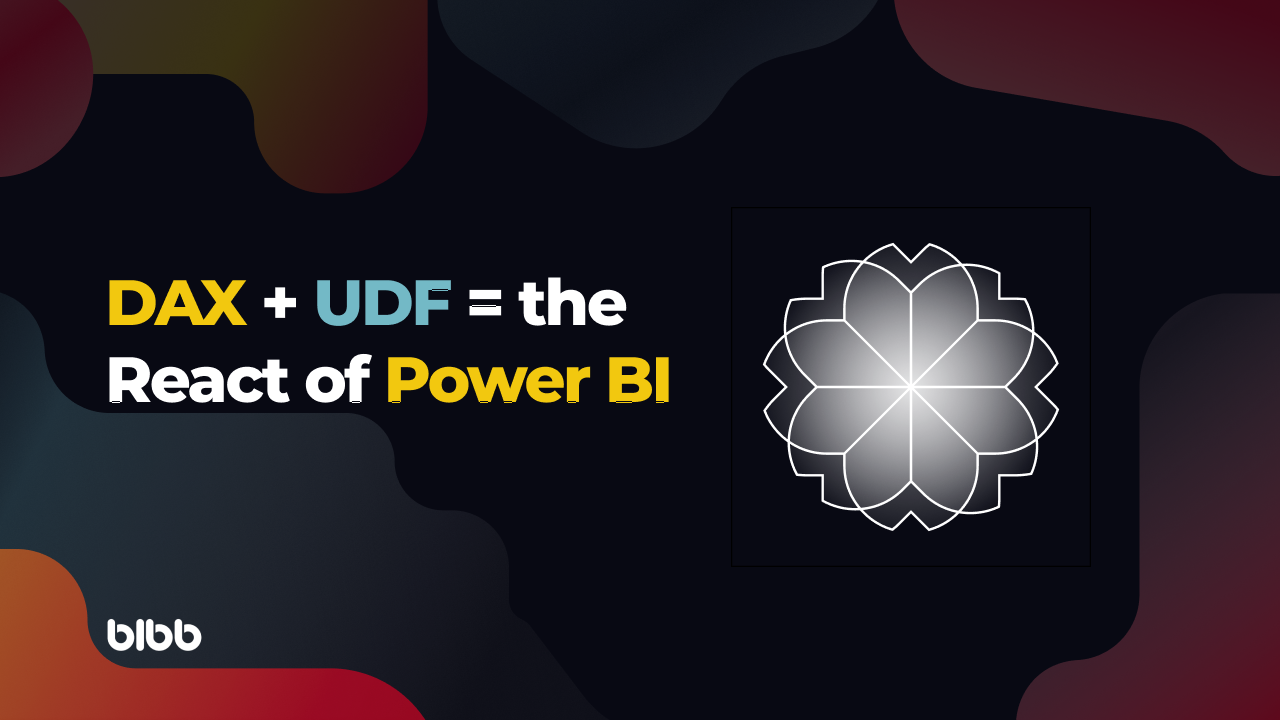
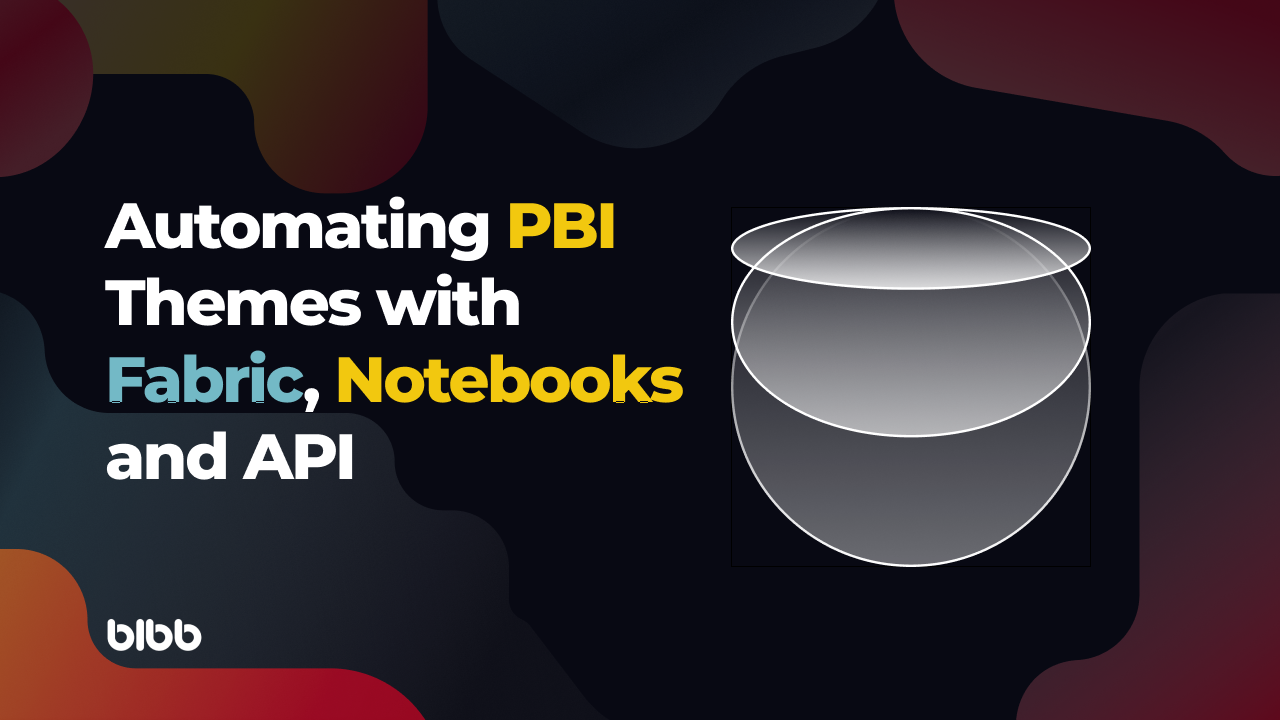
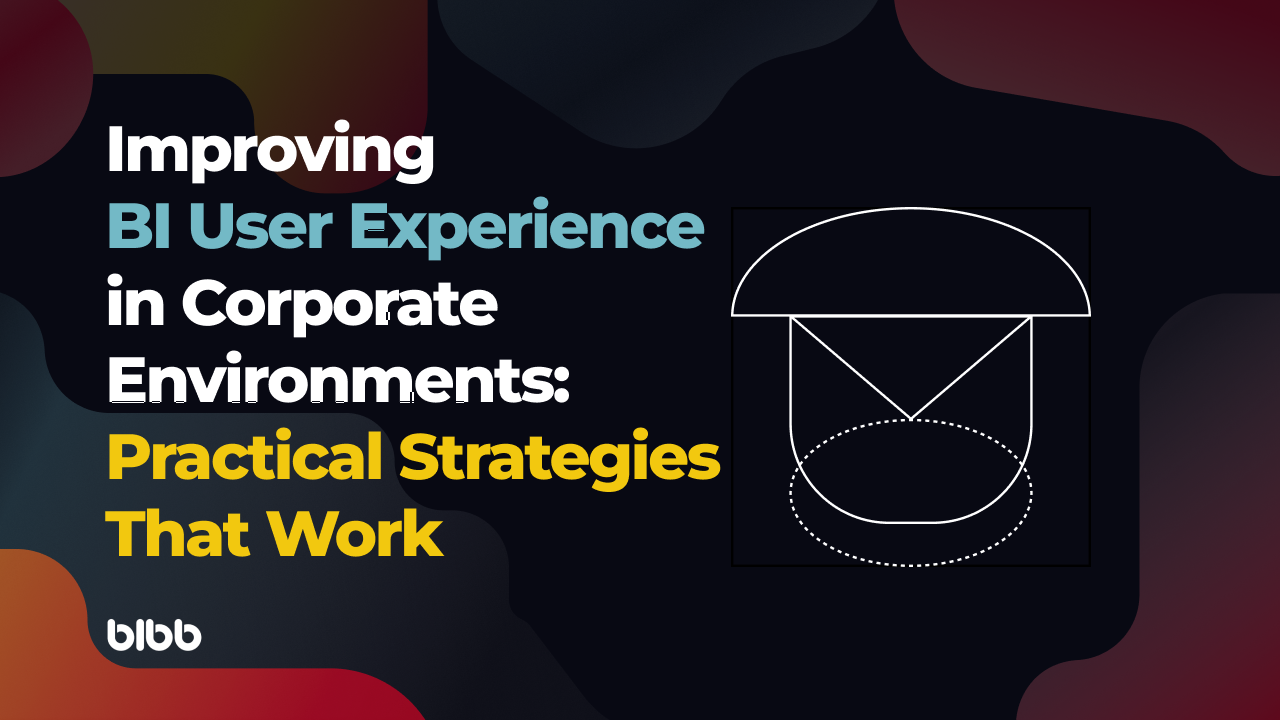
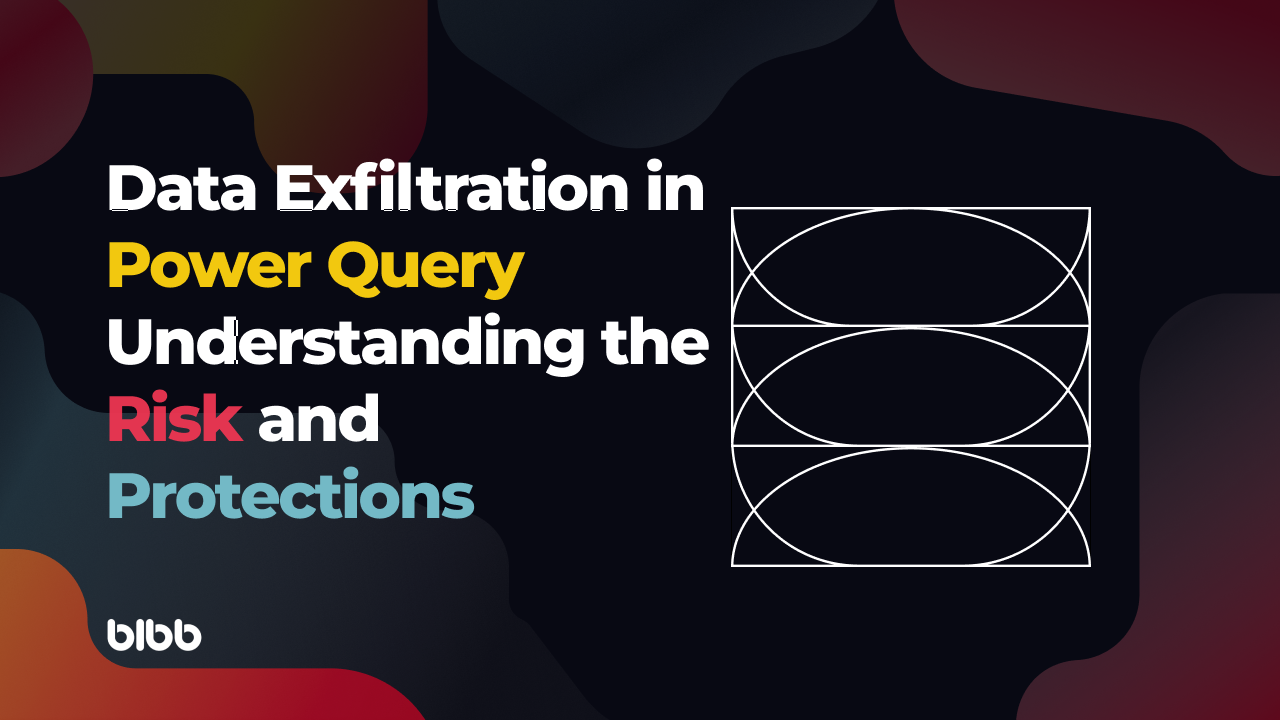
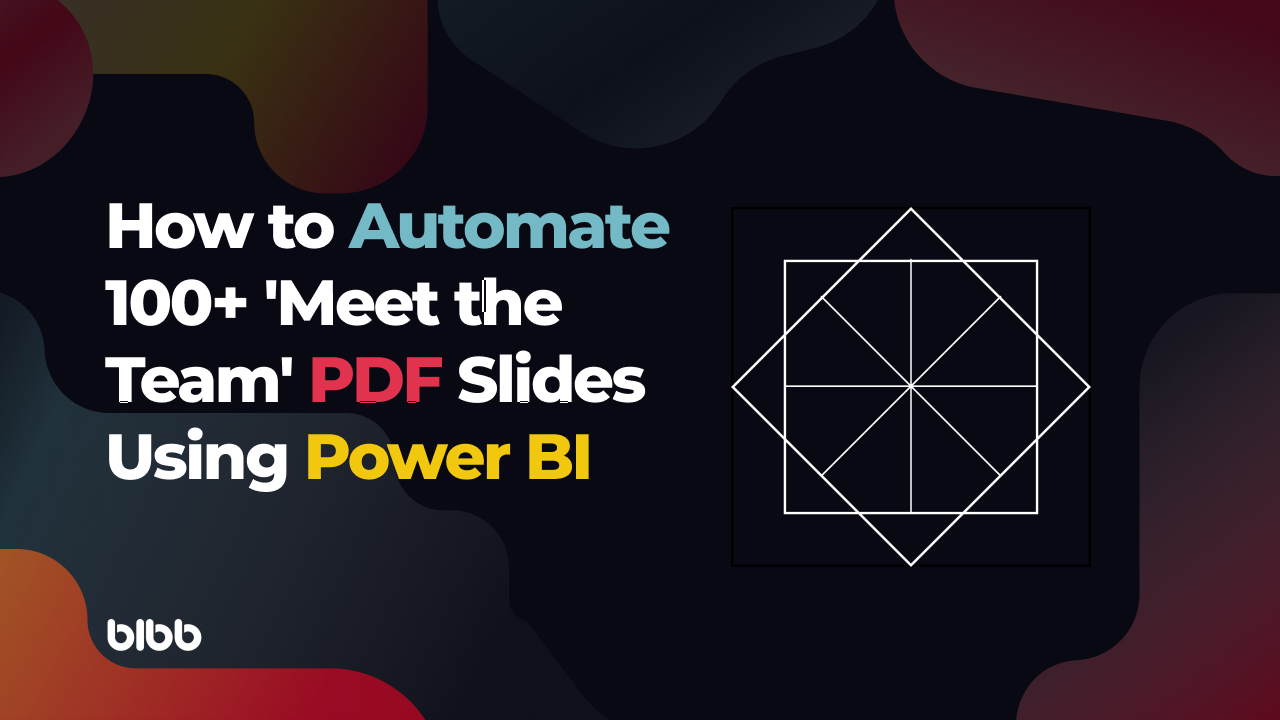
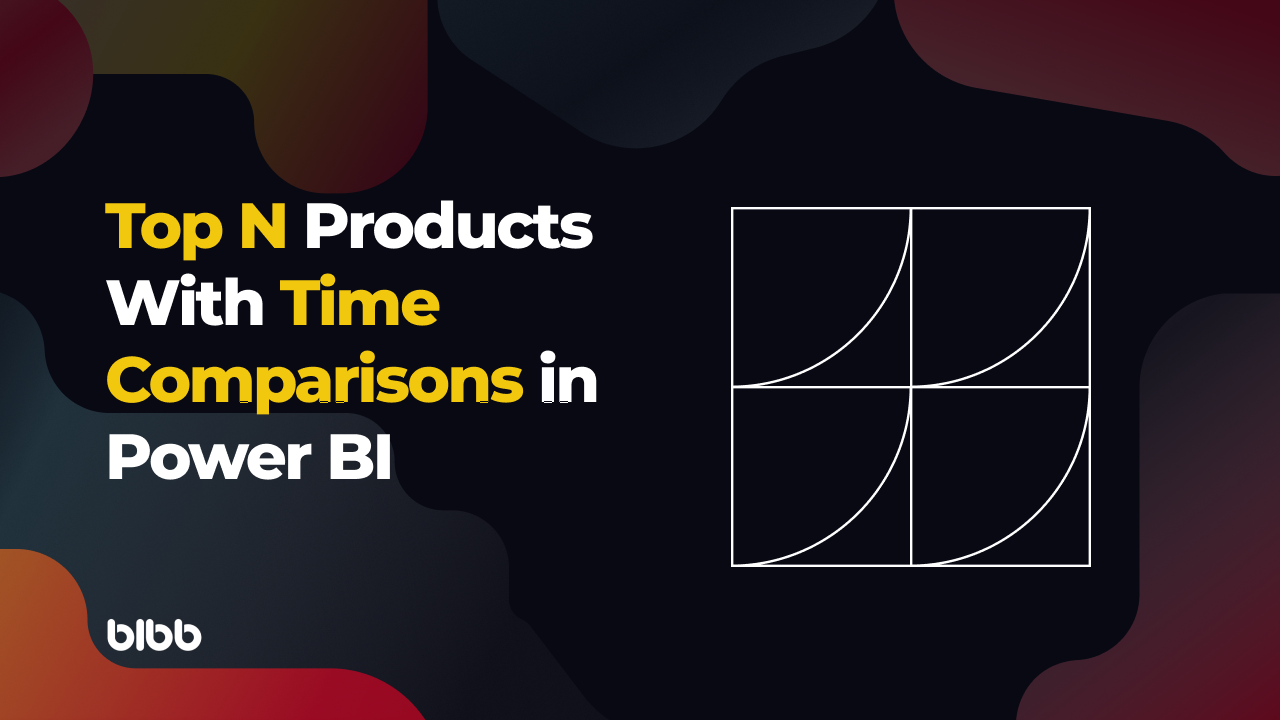
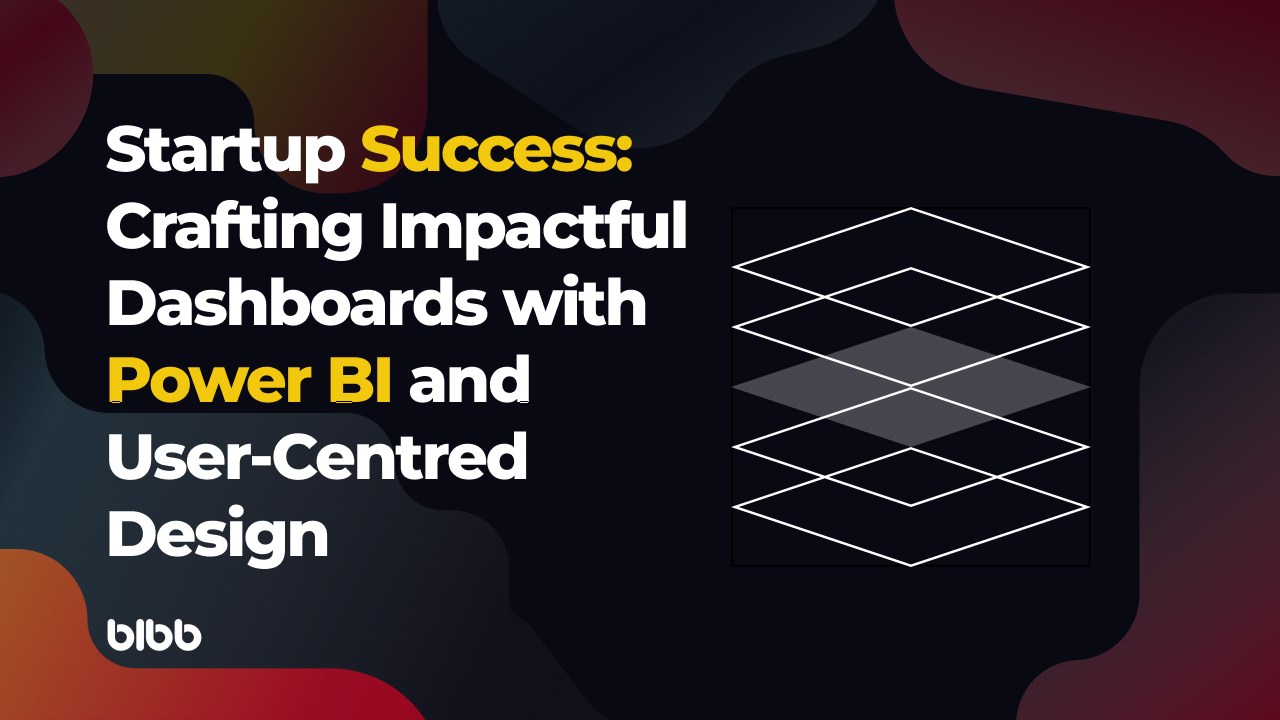

Comments
Share your take or ask a question below.